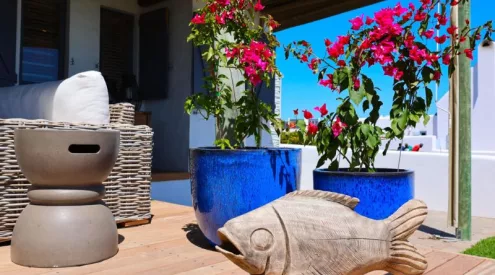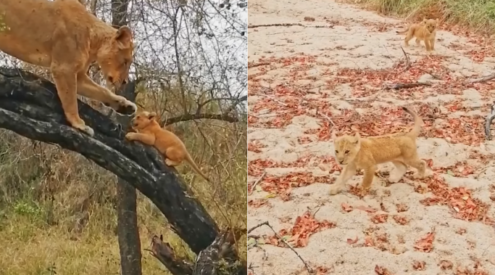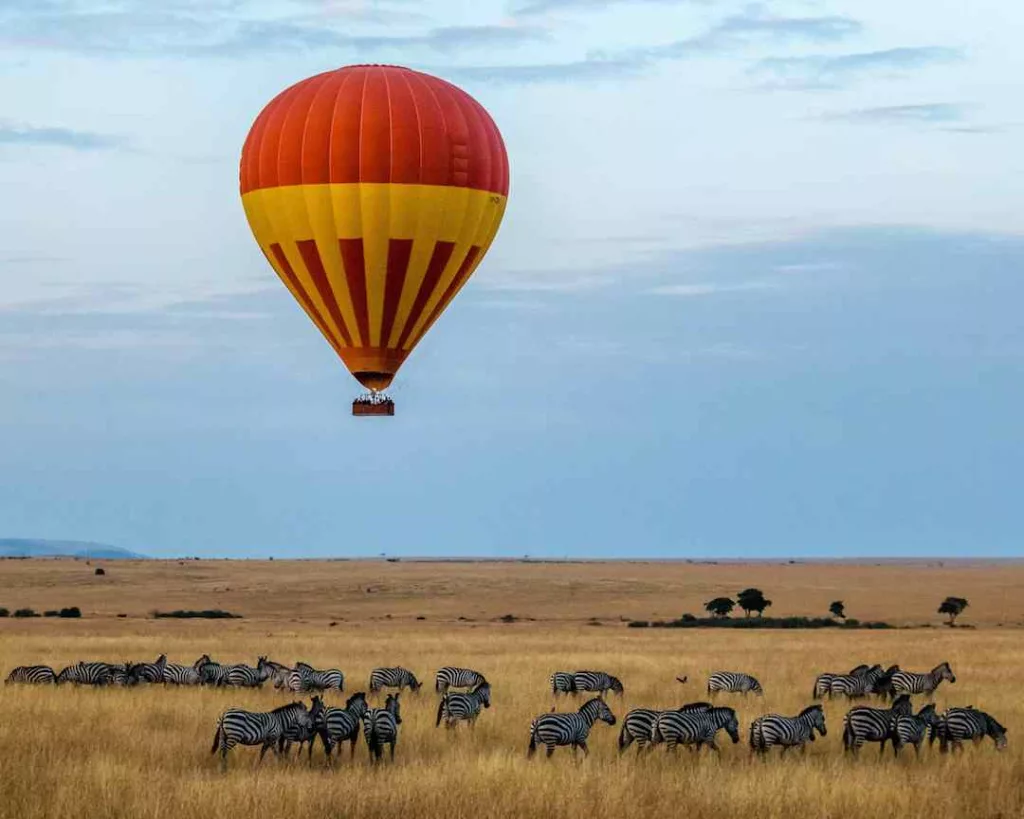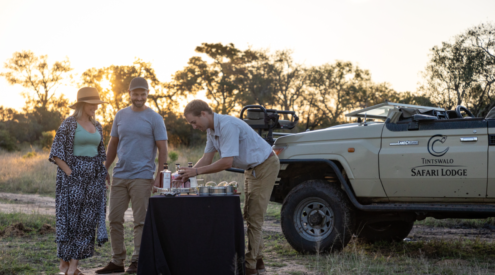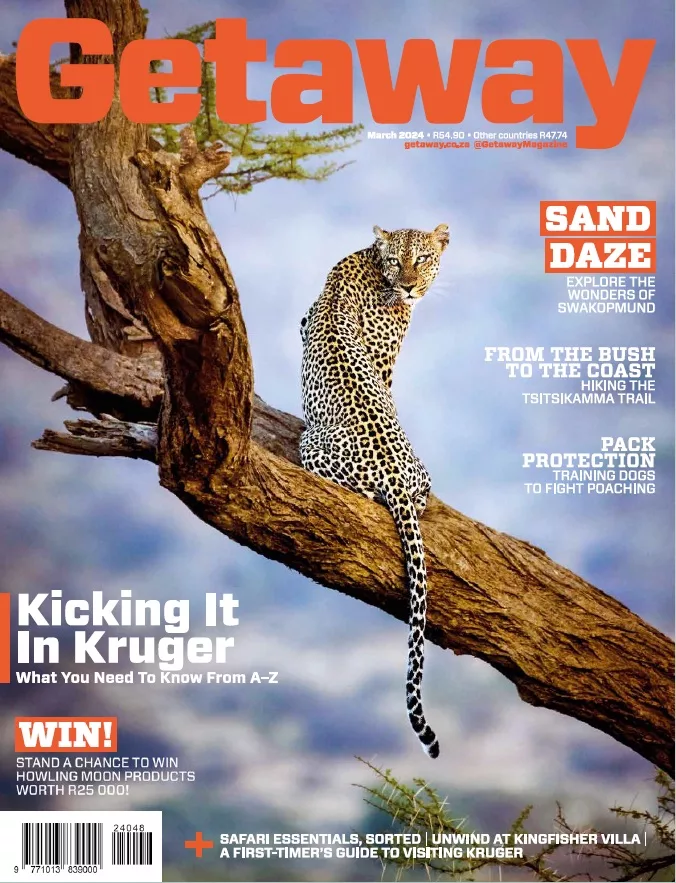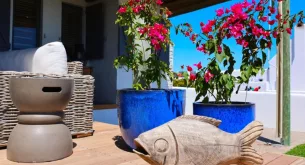A recent study at Princeton University on the Chelonoidis phantasticus details the rediscovery of the species three years ago, after it had been believed to be extinct for over 100 years. This rediscovery has rekindled scientists’ hopes of reviving the species.
The tortoise is the first of its kind to be found since a male specimen was discovered by Rollo Beck during an expedition in 1906. The newcomer is fondly named after her area of origin – Fernandina Island. The archipelago is largely unexplored due to an active volcano.
Ecology and evolutionary biology researcher at Princeton University Stephen Gaughran told The Guardian ‘it’s a big deal for a species that we thought was extinct for a hundred years to suddenly appear here.’
Fernanda was found roaming the island three years ago in 2019, rekindling hopes for scientists that the rare species had not gone extinct and was there all this time. DNA testing confirmed their suspicions.
All giant Galapagos tortoises range from vulnerable to critically endangered and one species is extinct. The phantasticus was thought to be extinct as well, until Fernanda came along.
The group of scientists involved in the study had a healthy scepticism after finding Fernanda. She is likely over 50 years old, but she is smaller than what is known to be a giant tortoise. This, and her flared shell and saddleback shape are why scientists initially had their doubts.
Experts believed initially that the first specimen was transplanted to Fernandina Island: ‘It seemed like a more likely explanation that a random tortoise just ended up there from a different island,’ said Stephen.
Fernanda’s discovery suggests that however she wound up there, she might not have been alone.
Although Fernanda’s discovery is considered a scientific breakthrough, it means nothing if another male is not found.
‘If we only have Fernanda, it’s exciting to have found her. But if she doesn’t have another tortoise to breed with, then there’s nowhere to go. If there are at least a few of these tortoises still living on that island, then that opens up the possibility of trying to really revive the species.’
Picture: Screenshot from video
ALSO READ



